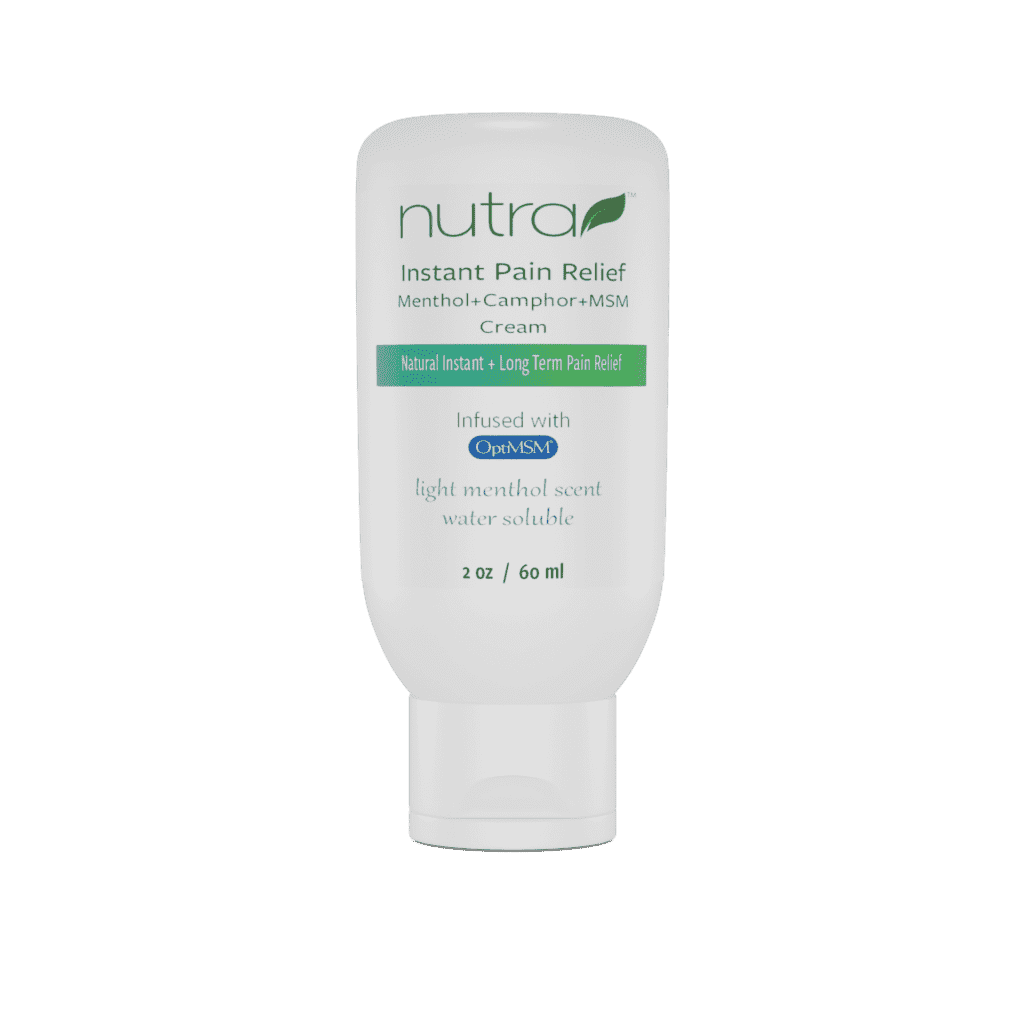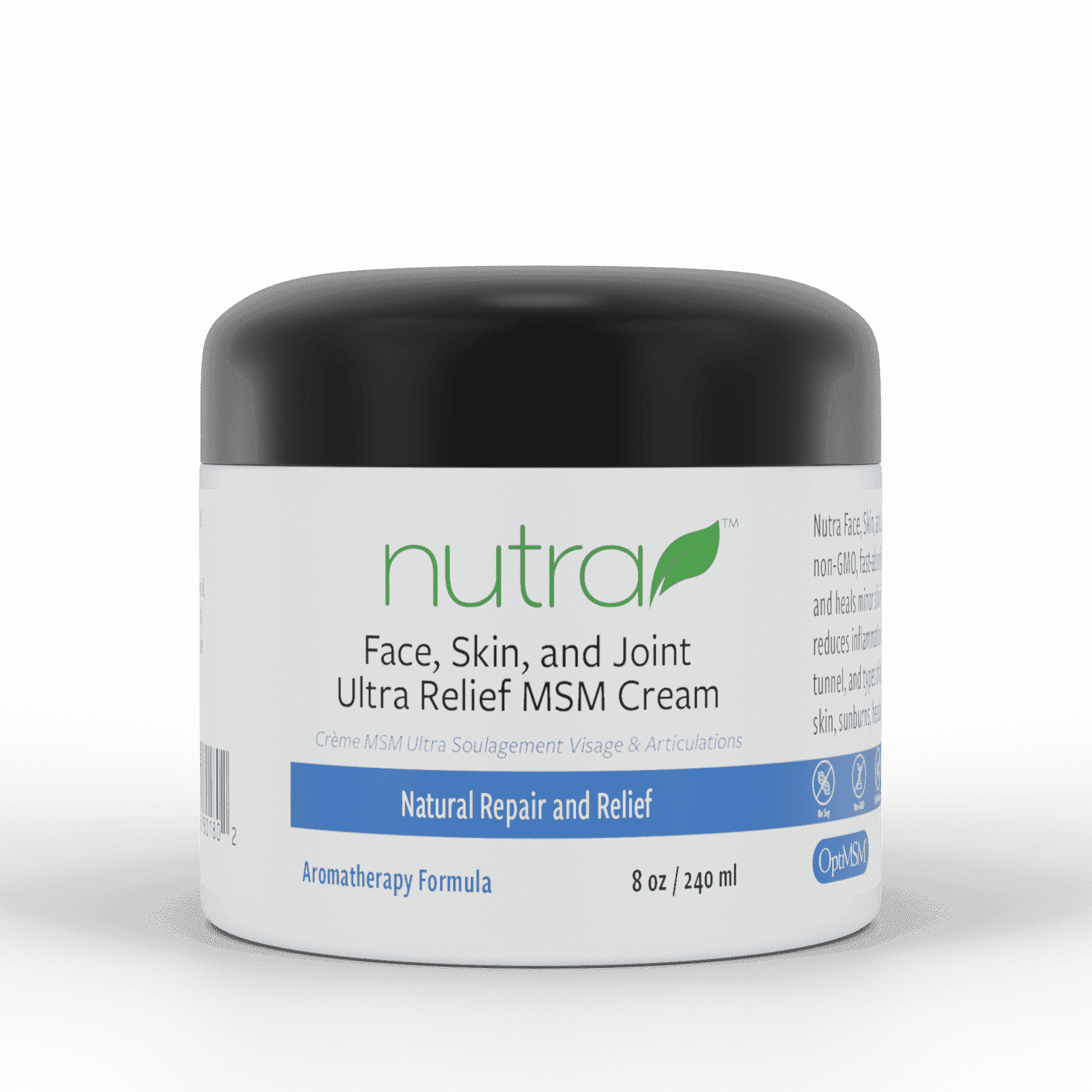In the realm of pain management, particularly for chronic conditions, the reliance on prescription medications like OxyContin has been a prevalent solution for many years. However, the opioid epidemic and the associated risks and side effects have prompted a search for safer, more sustainable alternatives. Fortunately, nature offers a plethora of options that can effectively alleviate pain without the risks associated with opioids.
Pain takes many forms. Here are some common pain issues:
New research from the University of Chicago identified an alternative signaling pathway in the brain of mice that relieves pain. Studies published in Neuron in September also showed that pain relief through this route did not induce tolerance, did not create withdrawal symptoms after treatment was stopped, and did not activate reward systems, limiting the risk for addiction and making it a viable path to developing effective, non-opioid pain relief. Based on proven success in this area, we have found that compounds such as MSM, Camphor, and Menthol are natural solutions for pain management.
Nutra Health (a nutraceutical manufacturer of beauty and wellness topicals) formulates products that work together to address healing and pain relief.


The first of these products is Nutra Health Instant Pain Relief MSM Cream. This topical applies the needed compounds directly to the area for fast relief. The second product, Nutra Health Face Skin and Joint MSM Cream, accelerates the healing process for skin damage, nerve pain, muscle repair, and relief from pain from injuries or repetitive sports such as tennis.
Another natural pain relief or MSM pain relief cream alternative gaining traction is medical cannabis. With its compounds THC and CBD, cannabis has shown promising results in managing various types of pain, including neuropathic pain, arthritis, and chronic pain conditions. CBD, in particular, has garnered attention for its analgesic properties without the psychoactive effects commonly associated with THC. Research suggests cannabinoids interact with the body’s endocannabinoid system, modulating pain perception and inflammation.
Another avenue for natural pain relief is acupuncture. Originating from traditional Chinese medicine, acupuncture involves the insertion of thin needles into specific points on the body to stimulate nerve endings, muscles, and connective tissues. This stimulation triggers the release of endorphins, the body’s natural painkillers, providing relief from pain and promoting overall well-being. Acupuncture is particularly effective in treating chronic pain conditions such as osteoarthritis, migraines, and back pain.
Furthermore, herbal remedies have been used for centuries to manage pain and inflammation. Plants like turmeric, ginger, and white willow bark contain compounds with anti-inflammatory and analgesic properties. Turmeric, for instance, contains curcumin, which has been shown to inhibit inflammatory pathways in the body, relieving conditions like arthritis and muscle soreness. Similarly, white willow bark contains salicin, a compound similar to aspirin, which can alleviate pain and reduce inflammation.
Additionally, mind-body techniques such as meditation, yoga, and tai chi offer holistic approaches to pain management. These practices promote relaxation and stress reduction and help individuals develop mindfulness and awareness of their bodies. Studies have demonstrated that mindfulness meditation, in particular, can effectively reduce pain intensity and improve pain tolerance by altering the brain’s response to pain signals.
It’s important to note that while natural alternatives can be effective for many individuals, they may not be suitable for everyone or every type of pain. Consulting with a healthcare professional knowledgeable in integrative medicine can help determine the most appropriate approach for individual needs. Moreover, combining natural modalities with conventional treatments under medical supervision can enhance their efficacy and safety.

In conclusion, the search for natural pain relief alternatives to OxyContin has led to the rediscovery of age-old remedies and practices that offer effective and sustainable solutions for pain management. From medical cannabis and acupuncture to herbal remedies and mind-body techniques, nature provides a diverse array of options that prioritize health and well-being without the risks associated with opioids. Embracing these natural alternatives not only addresses the current opioid crisis but also empowers individuals to take control of their health and live fuller, pain-free lives.
sales@nutrahealthintl.com